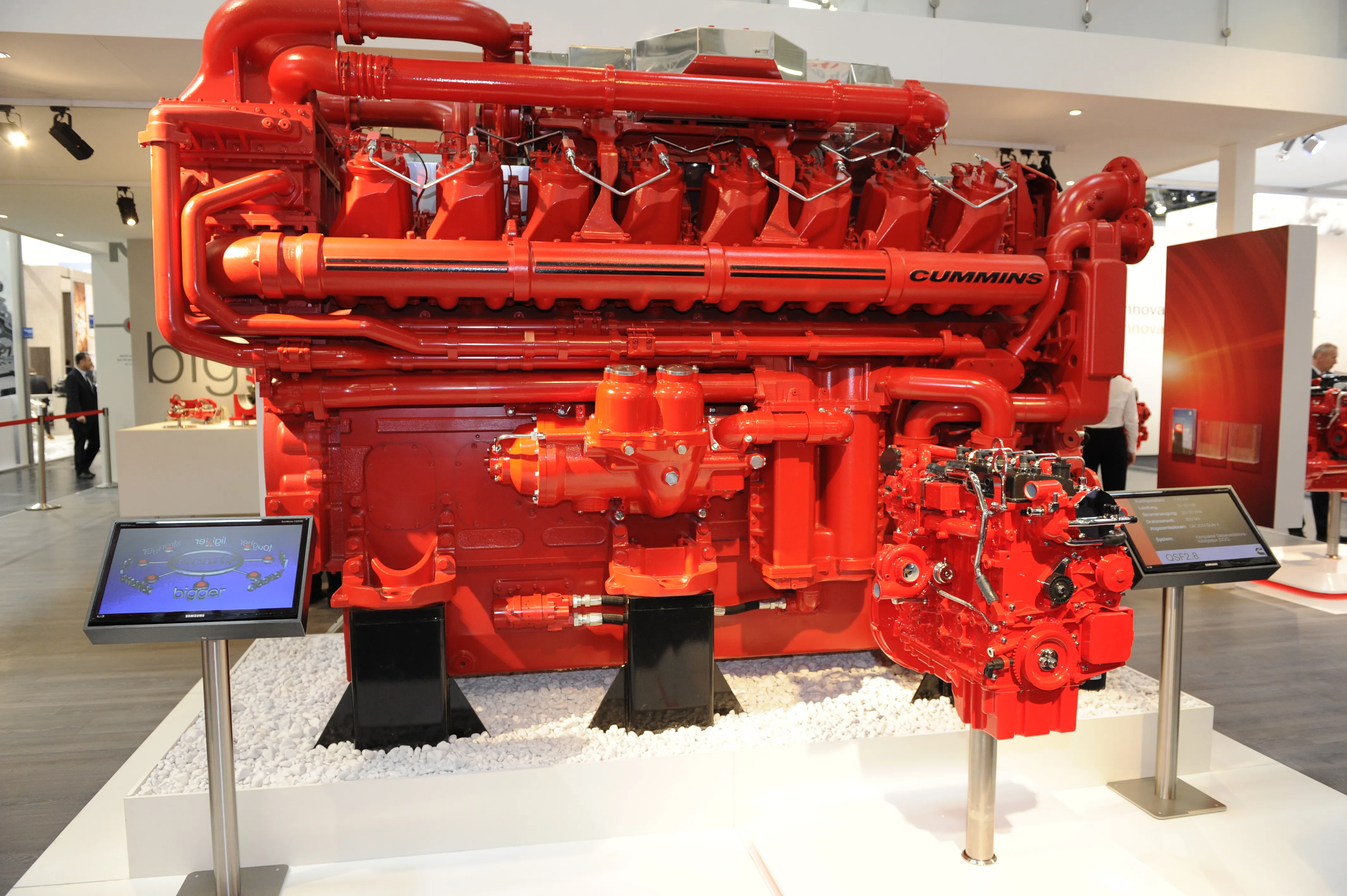More machines, both mobile and stationary, are using centralised lubrication which helps to ensure that all points receive the required amount of lubrication, as lack of it could result in expensive bearing damage. Escaping lubricant can have a significant negative impact on the environment, and can also incur expensive clean-up and disposal costs. SKF has developed the Lincoln Hose Connection Control, which can be operated between -50 to +70 OC, this unit shows immediately and reliably when damage occurs.
February 13, 2013
Read time: 2 mins

More machines, both mobile and stationary, are using centralised lubrication which helps to ensure that all points receive the required amount of lubrication, as lack of it could result in expensive bearing damage. Escaping lubricant can have a significant negative impact on the environment, and can also incur expensive clean-up and disposal costs. 7153 SKF has developed the Lincoln Hose Connection Control, which can be operated between -50 to +70 OC, this unit shows immediately and reliably when damage occurs. Therefore, consequential damage can be avoided.
The unit comprises of an analyzer unit which requires 12 or 24 Volt DC. At 24 VDC, a maximum of 20 hoses can be monitored, and at 12 VDC it is 10. A connector that acts as an electric isolator between the lubrication line and the lubrication metering device, and a connector cable to the analyzer. The lubrication hoses, unlike the lubricant, must be electrically conductible, which is achieved with a copper strand or a metal armor. The minimal amount of components proves it to be cost effective, even when retrofitting. The signals can be put in the cabin so the operator immediately knows if there is a fault. A green LED indicates that no faults are present in the lubrication hoses whereas a red LED indicates the circuit is interrupted.
Stands:
2 Internal <?xml version="1.0" encoding="utf-16"?><dictionary /> 2 11560 0 oLinkInternal <span class="oLinkInternal"><span class="oLinkInternal">View more videos</span></span> Video false /event-news/bauma-2013/video/ true false %>
The unit comprises of an analyzer unit which requires 12 or 24 Volt DC. At 24 VDC, a maximum of 20 hoses can be monitored, and at 12 VDC it is 10. A connector that acts as an electric isolator between the lubrication line and the lubrication metering device, and a connector cable to the analyzer. The lubrication hoses, unlike the lubricant, must be electrically conductible, which is achieved with a copper strand or a metal armor. The minimal amount of components proves it to be cost effective, even when retrofitting. The signals can be put in the cabin so the operator immediately knows if there is a fault. A green LED indicates that no faults are present in the lubrication hoses whereas a red LED indicates the circuit is interrupted.
Stands:
B5.100
F7.709/4
%$Linker:






